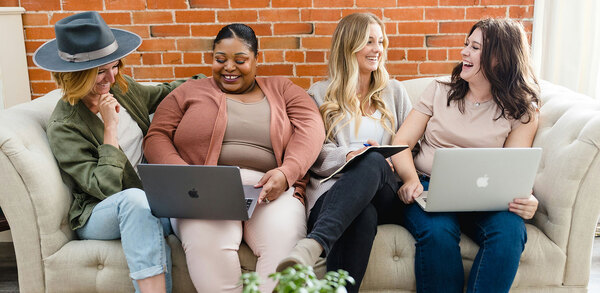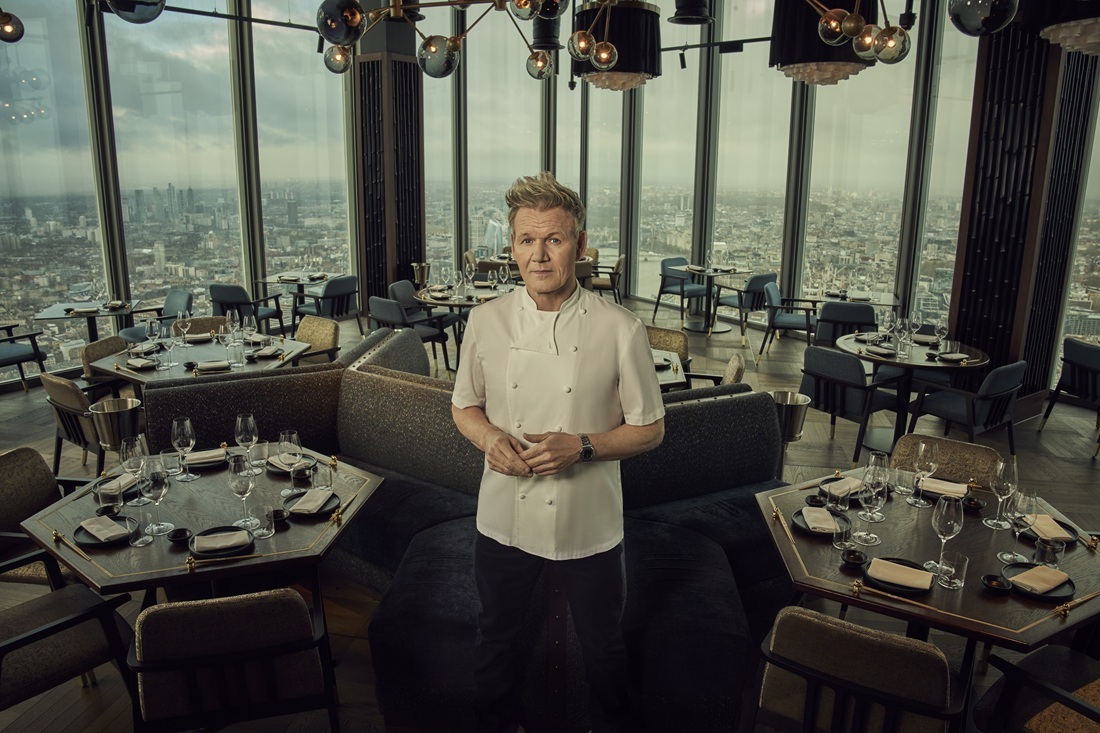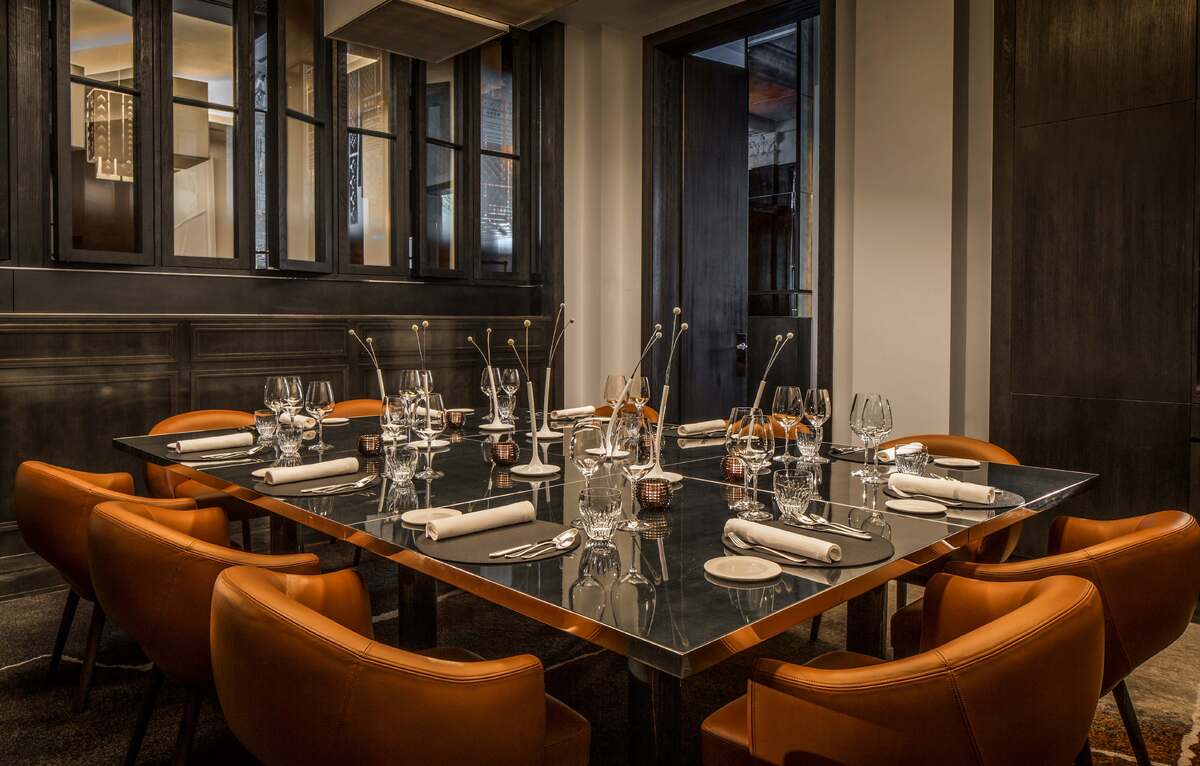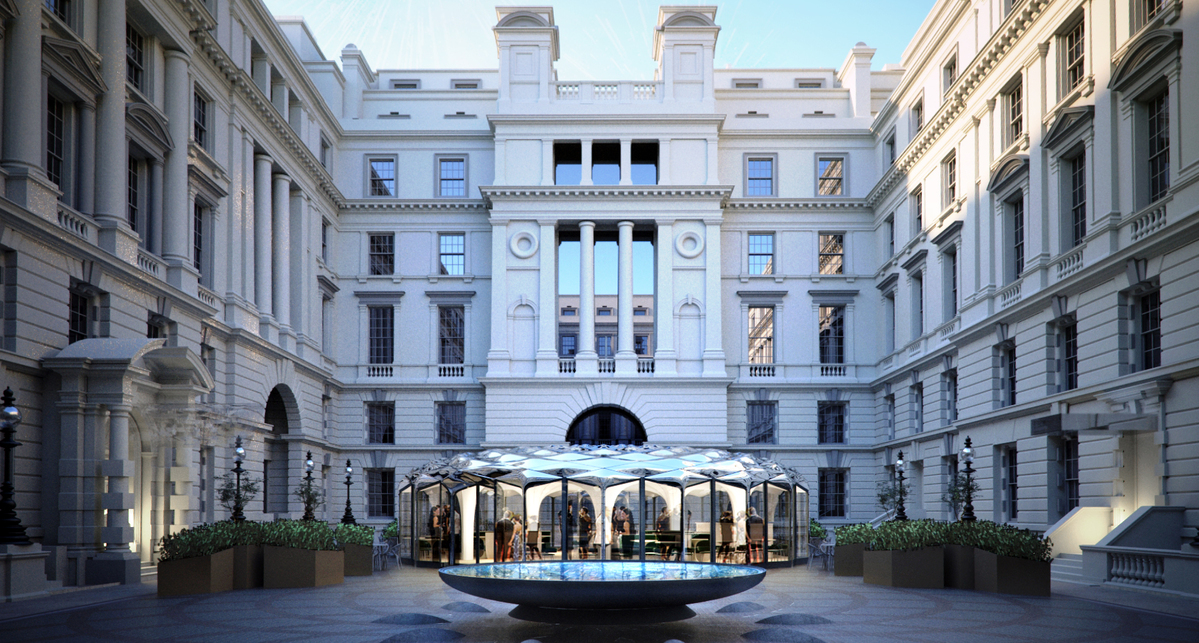Lorraine Copes of Be Inclusive Hospitality: "Change has to be driven from the top"
26 Oct 2020by Katherine Price
Lorraine Copes talks about about addressing the gaps in understanding and education and why all business owners should be rethinking diversity after Covid.
You need to be a premium member to view this. Join our community for just £4.99 per month, or £54.99 for a full year.
Already a subscriber to The Caterer? Login below:
















